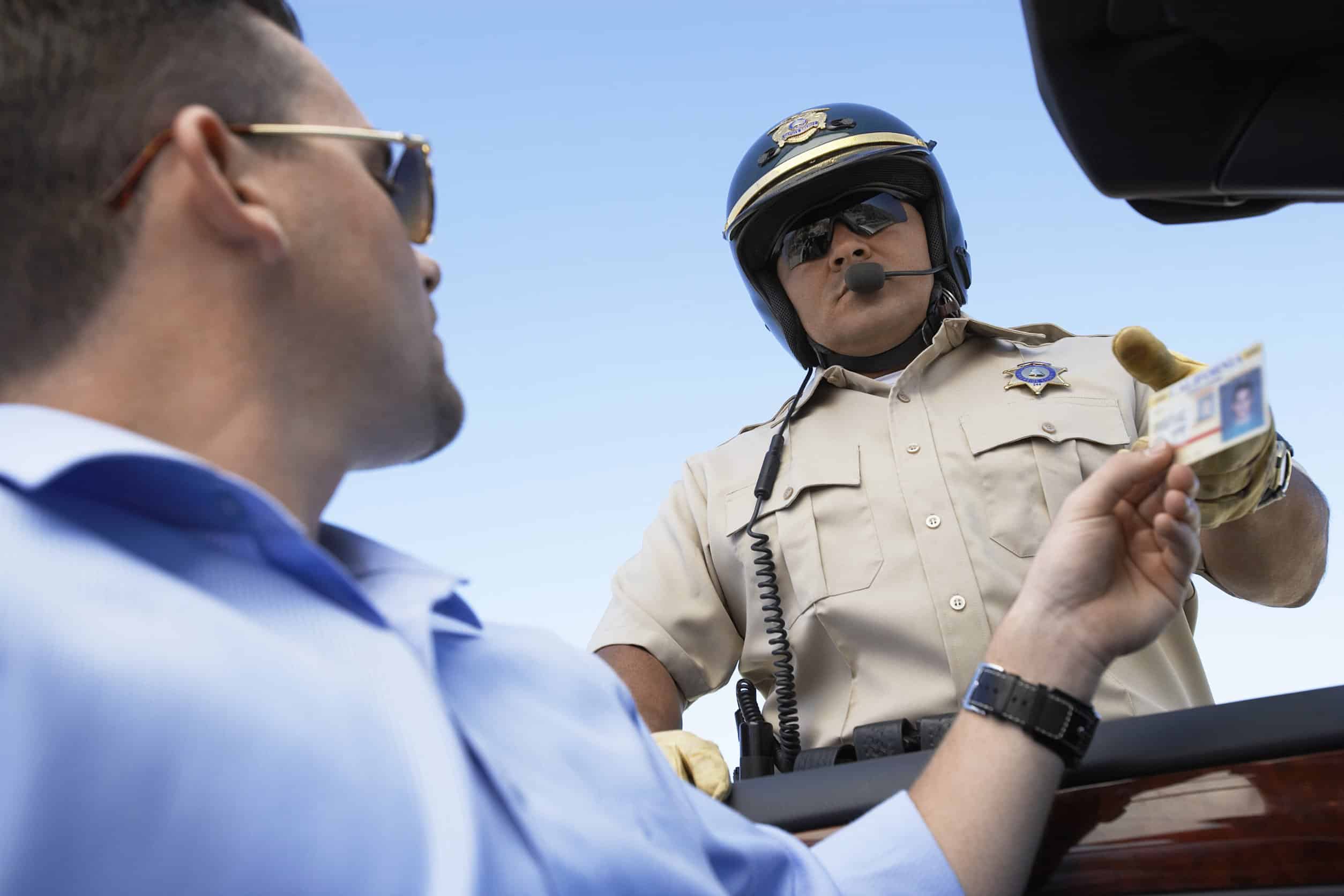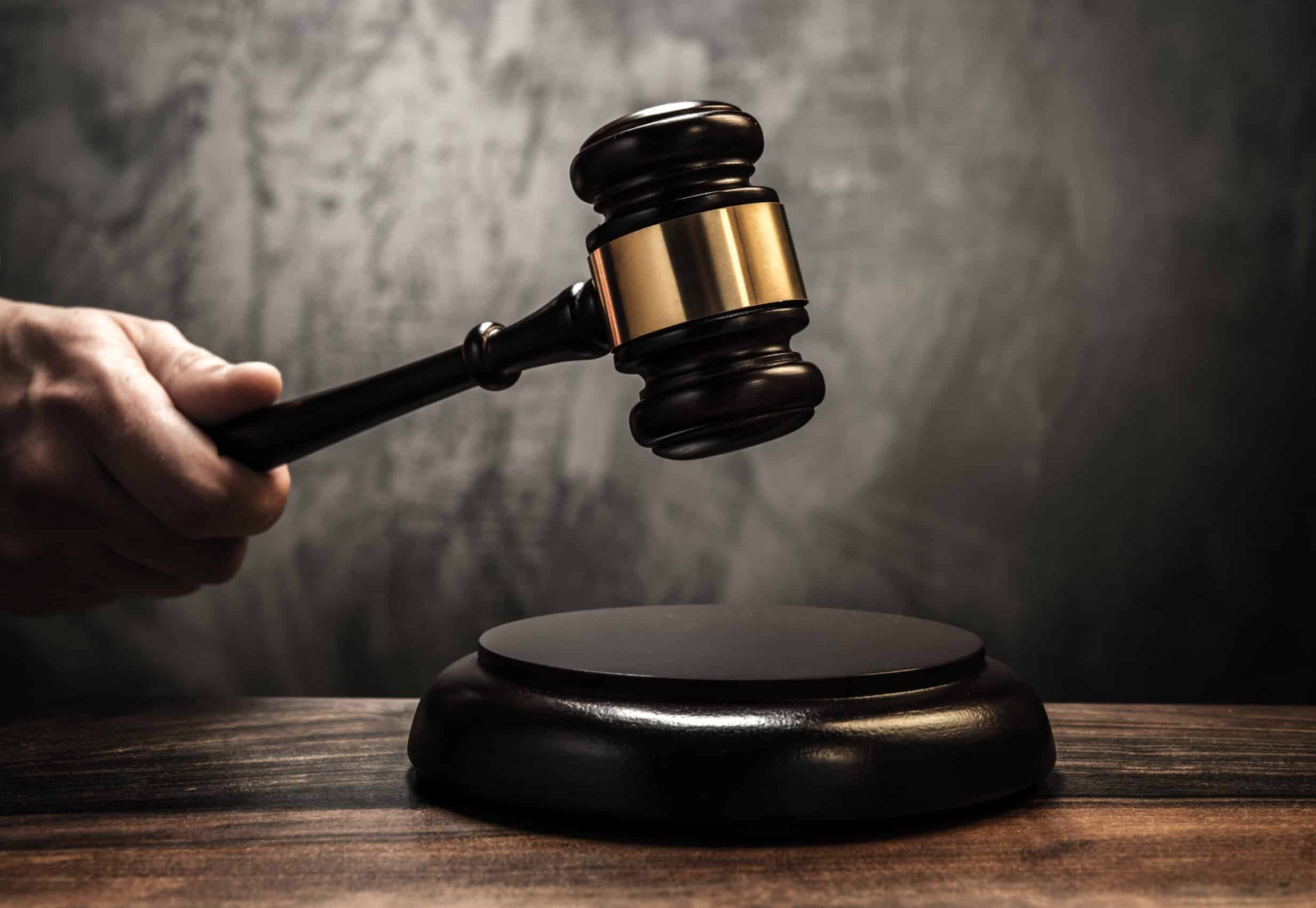- Home
- THE FIRM+
- Criminal Defense+
- CASE RESULTS
- AREAS WE SERVE+
- FAQ’s
- Blog
- Contact
AZHARI LLC BLOG
Aug. 5 2022
Your Guide to IL License Suspensions

Posted By: Sami Azhari
Category:
In Illinois, the Secretary of State has the power to revoke or suspend your driver’s license for a variety of reasons. One of the most common reasons is being caught driving under the influence in the state, commonly referred to as a DUI.
However, a suspension or revocation of your driver’s license isn’t a simple matter. In fact, there is a lot to understand about how this process works, including the basic difference that exists between having your license suspended or having it revoked.
Here is what you need to understand about license suspensions in Illinois and how a DUI can impact your ability to legally operate a car in the state – and for how long. Read on to find out what you need to know if you’re facing a DUI charge.
Suspension vs. Revocation: What’s the Difference?
In Illinois, a suspension is a loss of driving privileges for a certain amount of time. At the end of the period your driver’s license is suspended, you can have it reinstated upon paying a fee.
The kinds of things that can lead to a license suspension include three or more moving violations in the period of one year, possession of someone else’s license, leaving the scene of an accident where damage was over $1,000, or possession of a controlled substance while in control of or operating a motor vehicle.
A revocation, on the other hand, is the loss of your ability to drive for the foreseeable future. Your authorization to drive will not be restored after a specific amount of time. In fact, you will have to go before the Secretary of State in a hearing in order to have your license reinstated and be able to drive again. How long a license is revoked depends on the offense that caused the revocation and your previous driving record.
To have your license revoked, you usually must commit an offense such as a DUI, leaving the scene of an accident where there is injury or death, or any felony that involves the use of a motor vehicle.
These are just some examples – the complete list is a lot longer. But it serves to give you an idea of what types of actions constitute the grounds for revocation versus a suspension of your driver’s license.
How Can You Get Your IL Driving Privileges Back?
There are two types of hearings the Secretary of State holds to reinstate revoked licenses: informal and formal. In general, a person will need a formal hearing when they have more than one revocation of their license due to a DUI, there was a death in the circumstances that led to the revocation, you are seeking a modification of a revocation order, you are from out of state seeking reinstatement, or you want to be considered for a restricted driving permit.
Formal hearings are held at only four locations across the state of Illinois, while informal hearings are held at most Department of Motor Vehicle offices. To schedule a formal hearing, you must make a formal hearing request and pay a filing fee of $50. You can choose one of the four locations for your hearing. If you want an informal hearing, you simply walk in and request one.
Formal hearings work a lot like a trial. A prosecutor will represent the Secretary of State in front of a judge, and you and your attorney are also present. During the hearing, both sides are allowed to introduce exhibits and testify under oath. Finally, the judge will make a recommendation that is reviewed by the main Secretary of State office before a final decision is reached.
At an informal hearing, no one represents the Secretary of State. Instead, a hearing officer will ask all the questions and send their recommendation to the Secretary of State for approval.
How Hard Is It to Have Your License Reinstated After a DUI in Illinois?
The Secretary of State’s office is inundated with requests for license reinstatements and many applications are denied. If you want to have your driving privileges reinstated, your best course of action is to hire an experienced attorney to represent you, especially in the wake of a DUI.
If they can argue that you are not a risk to public safety and are facing undue hardship because of the revocation, then you may be able to have your license reinstated. However, the burden is on you to make your case at the hearing – you must be able to show you are not a risk and can once again be trusted on the roadways.
Facing DUI Charges in Illinois? Learn How to Reinstate Your Driving Privileges
Dealing with a DUI charge in Illinois can lead to serious consequences. Understanding the difference between these penalties and knowing how to navigate the reinstatement process is crucial.
The process can be daunting, and many applications for reinstatement are denied due to stringent requirements. This is why having an experienced Illinois DUI attorney is essential. A skilled lawyer can help argue your case effectively.
Don’t navigate this challenging process alone. Contact us today for expert legal guidance to improve your chances of getting back on the road legally and safely.
About the Author
Sami Azhari has been working as a lawyer since 2007, after receiving his Juris Doctor from the Michigan State University College of Law. He has handled numerous state and federal cases, and is known throughout the Chicago and Rolling Meadows area for providing his clients with high-quality, skilled representation. He has been recognized by Avvo (2013 and 2018), SuperLawyers (2015-2020), The National Trial Lawyers, and other notable organizations, and has spoken at a number of legal conferences.



























































